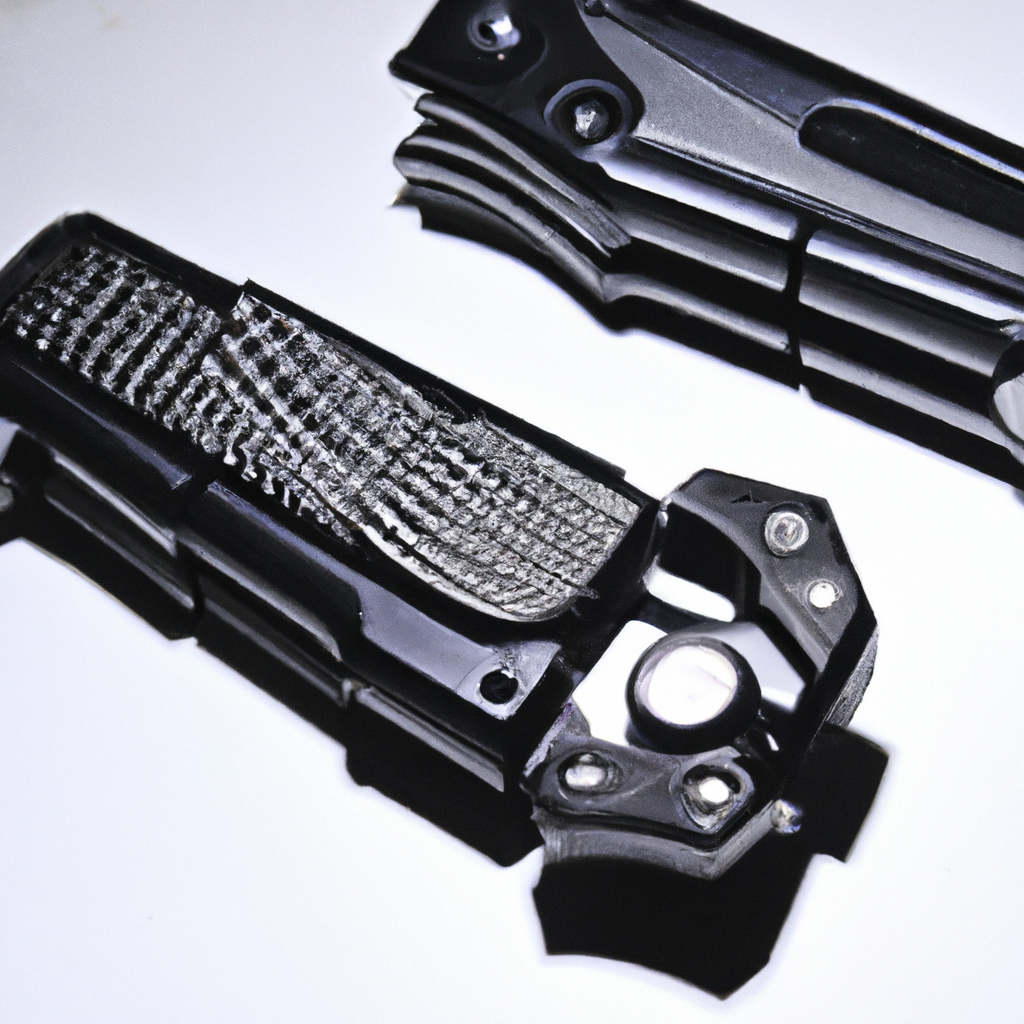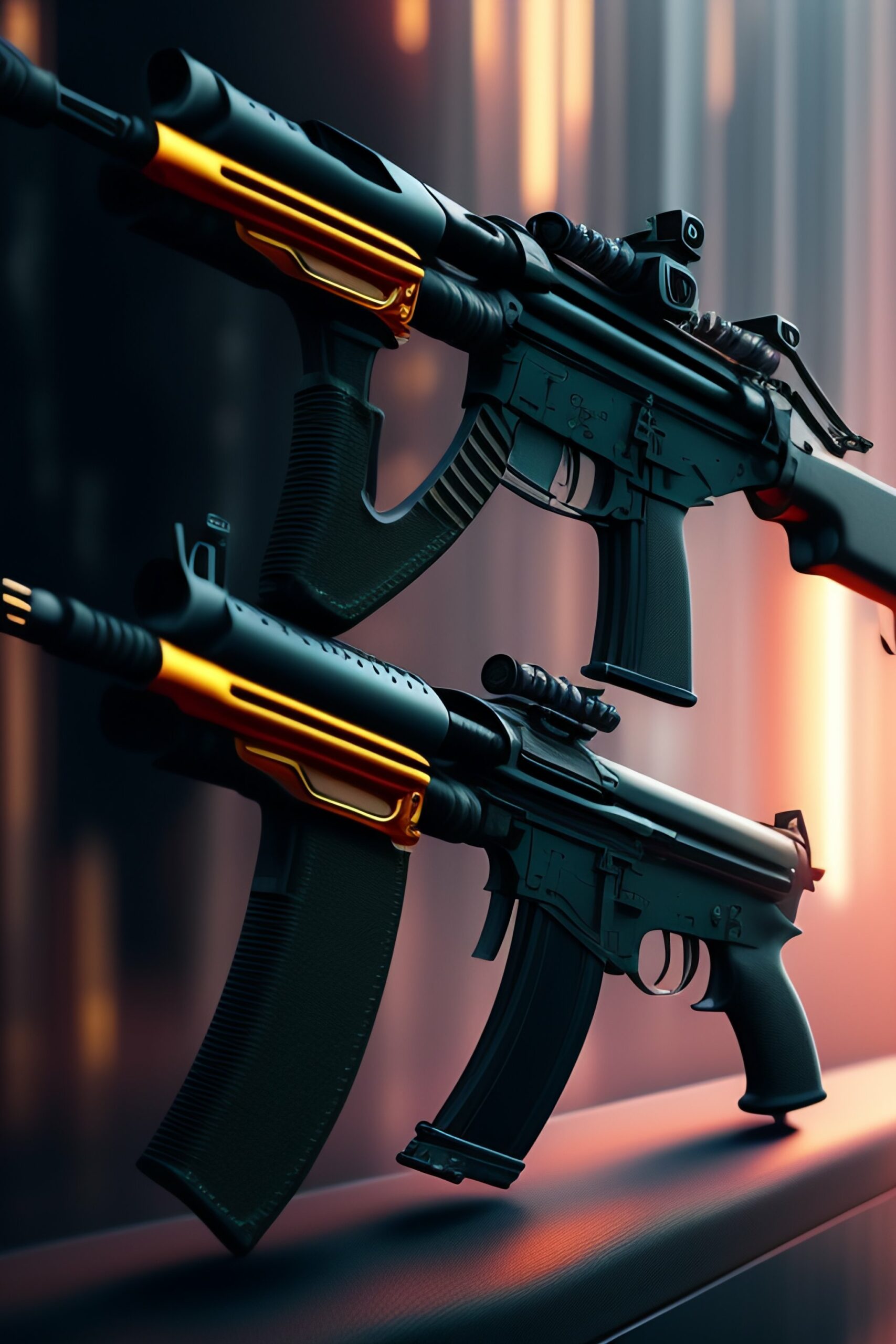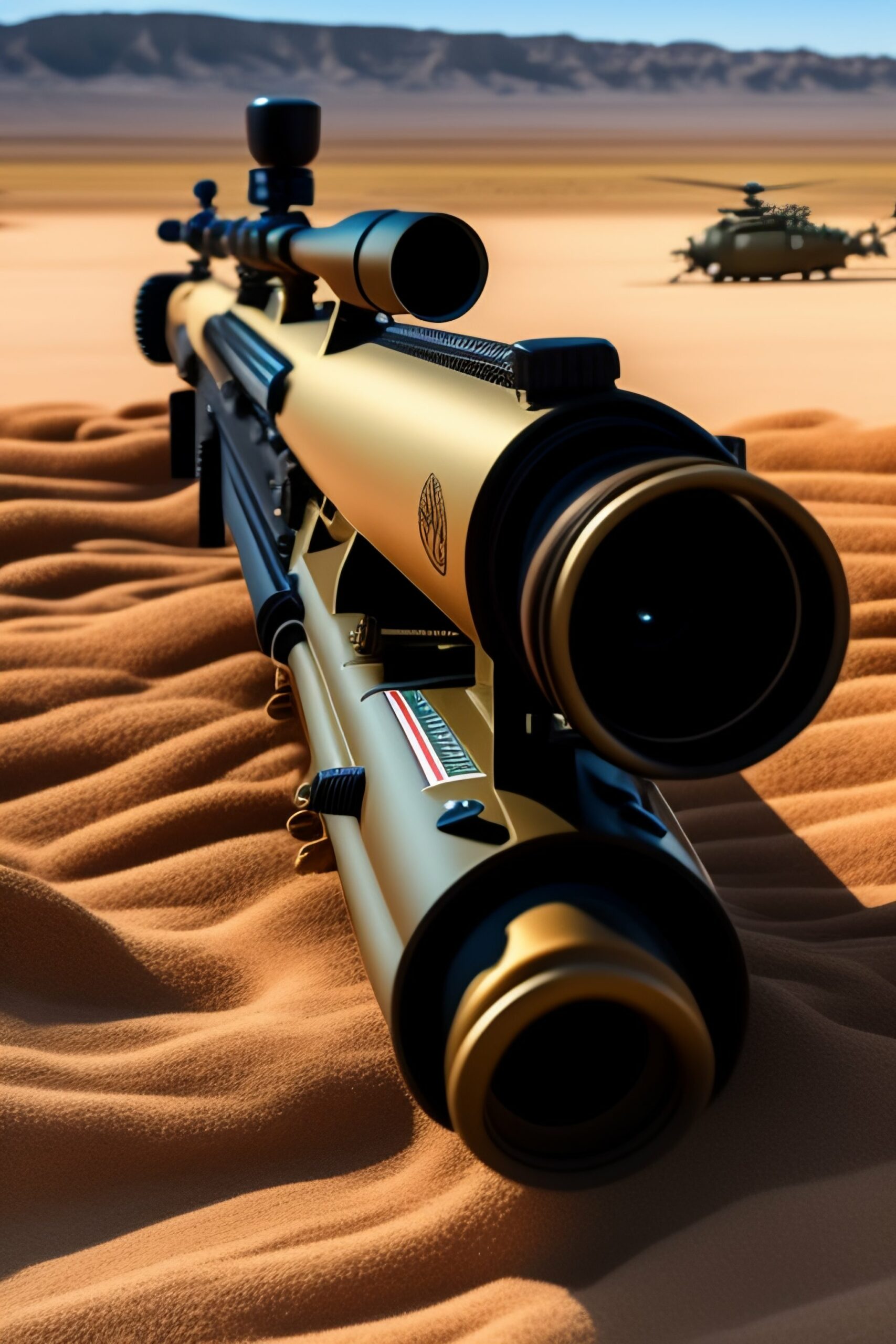Light weapons, such as small arms, light machine guns, and man-portable air defense systems (MANPADS), are a growing threat to global security. These weapons are relatively easy to acquire, transport, and use, making them attractive to a wide range of actors, including terrorists, organized crime groups, and state and non-state actors.
Light weapons are often used in conflicts around the world, and their proliferation has been linked to increased levels of violence and instability. In many cases, these weapons are used to commit human rights abuses, including extrajudicial killings, torture, and sexual violence. They are also used to fuel civil wars and other forms of armed conflict, which can have devastating consequences for civilians.
The proliferation of light weapons is a global problem that requires a global response. The United Nations has taken steps to address the issue, including the adoption of the Arms Trade Treaty in 2013. This treaty seeks to regulate the international trade in conventional arms, including light weapons.
However, the treaty does not address the issue of illicit trafficking of light weapons, which is a major source of these weapons. To address this problem, the UN has established the Programme of Action to Prevent, Combat and Eradicate the Illicit Trade in Small Arms and Light Weapons in All Its Aspects (PoA). The PoA seeks to strengthen national and regional efforts to combat the illicit trade in light weapons.
In addition to the UN’s efforts, there are a number of other initiatives that seek to address the proliferation of light weapons. These include regional arms control agreements, such as the Economic Community of West African States (ECOWAS) Moratorium on the Importation, Exportation and Manufacture of Light Weapons, as well as national efforts to strengthen controls on the possession and use of light weapons.
The proliferation of light weapons is a serious threat to global security, and it requires a comprehensive and coordinated response from the international community. The UN and other international organizations have taken steps to address the issue, but more needs to be done to ensure that these weapons do not fall into the wrong hands.







Leave a Reply